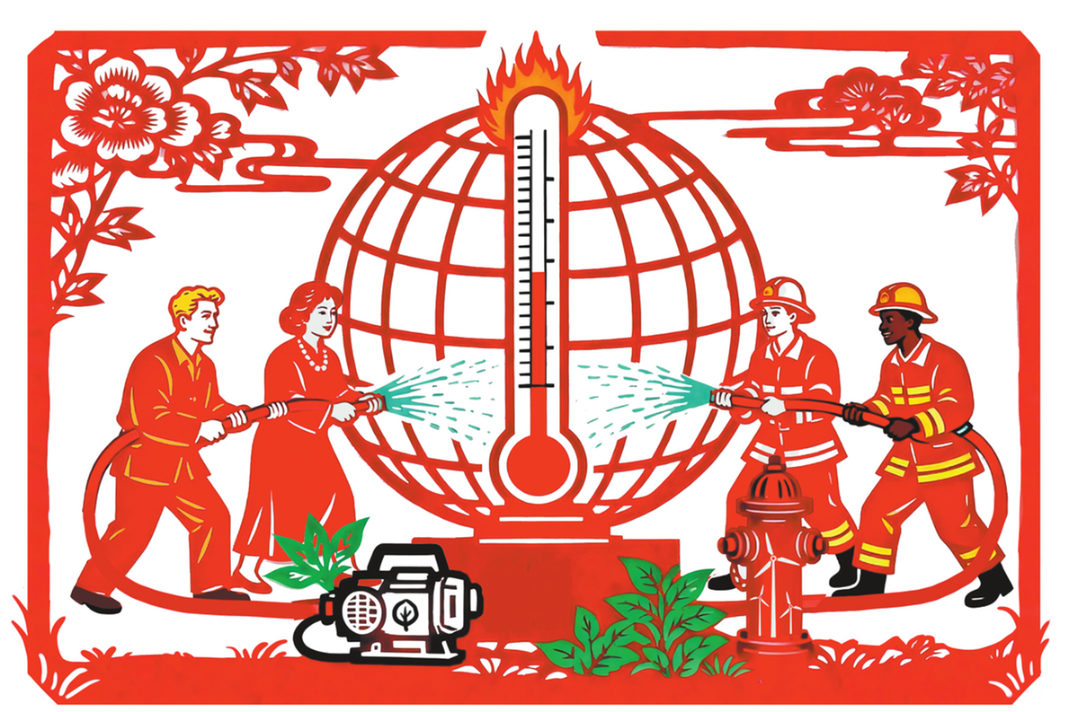Biden believes young officials can help US to subdue China


The personnel policy of the Joe Biden administration is different from that of the previous administration in that it has been recruiting young "political elites" with special expertise.
For example, several China-related positions in the administration are held by officials born in the 1980s, including Laura Rosenberger, senior director for China at the National Security Council, Rush Doshi and Julian Gewirtz, directors for China at the NSC, and Mira Rapp-Hooper, senior adviser on China in Policy Planning at the State Department. Also among the "political elites" is Ely Ratner, special assistant to the US secretary of defense, who was born in the late 1970s.
The new officials, who are expected to play an important role in the implementation of the US' China policy, signify the intergenerational change in the administration and could have a big impact on the US' future China strategy.
The young officials' backgrounds and understanding of China are different from those of their older counterparts. They grew up in an era when China was closing the economic gap with the US and the world was changing from one of unipolar dominance to multipolarity and multilateralism.
These officials may have been born when the US still enjoyed global hegemony, but they have lived through crises such as Sept 11, 2001, terrorist attacks, the Afghanistan and Iraq wars, and the 2008 global financial turmoil, all of which negatively impacted US economy and its global leadership.
Given that the complex economic and political landscape has influenced the worldview and ideology of the new generation US officials, one expects them to take into consideration the volatile world and the US' capacity to adapt to changes before suggesting policy adjustments.
There is reason to believe that these young elites understand China-which the US has identified as a strategic rival-better than their predecessors, not least because they started researching about China when they were still university students. And one expects their personal experiences of living in the country for years to influence their views on China.
In the past, the US' so-called China experts tended to devise the country's strategy toward China based on their research into the histories and cultures of the two countries, as well as bilateral exchanges.
The new officials, on their part, try to "understand" China or judge its "intentions" by focusing on more specific areas such as the South China Sea, information transmission and technology competition. They may influence the US' strategy toward China in three aspects.
First, most of them believe "foreign policy begins at home", so the US should leverage its collective strength to out-compete China in different fields, rather than just using different tools to contain China. For them, the priority for the US is to rebuild its economic foundation, reclaim its place in international organizations and revitalize its network of alliances, in order to prove the "American decline" theory wrong. Their views and ideas are reflected in the basic concept of the Biden administration's Interim National Security Strategic Guidance, which was issued in March.
Second, the new generation officials believe in a "total US-China competition". The previous administration identified China as a "strategic rival", deeply influencing the political thinking of younger Americans. And although the new-generation officials believe the Sino-US competition will continue in the future, they don't agree with Trump's "crushing blow" strategy to contain China. Instead, they suggest the US use its comparative advantages to gain the upper hand in its strategic competition with China.
And third, they pay greater attention to scientific innovation and technological reforms, and believe high-tech is key to out-compete China. Hence, they call for investing in the high-tech industry and intensifying the technological blockade against China, and support the administration's diplomatic strategy that the US-China relationship "will be competitive when it should be, collaborative when it can be, and adversarial when it must be".
Moreover, they do not think competitiveness should dominate the bilateral relationship, rather, they believe that Sino-US relations should advance Washington's interests and must be used to tackle common global challenges such as the COVID-19 pandemic and climate change.
In other words, the new-generation officials are reshaping the US' strategy toward China in order to restore the US' global leadership.
The author is deputy director of the Institute of American Studies at the China Institutes of Contemporary International Relations.
The views don't necessarily reflect those of China Daily.


































